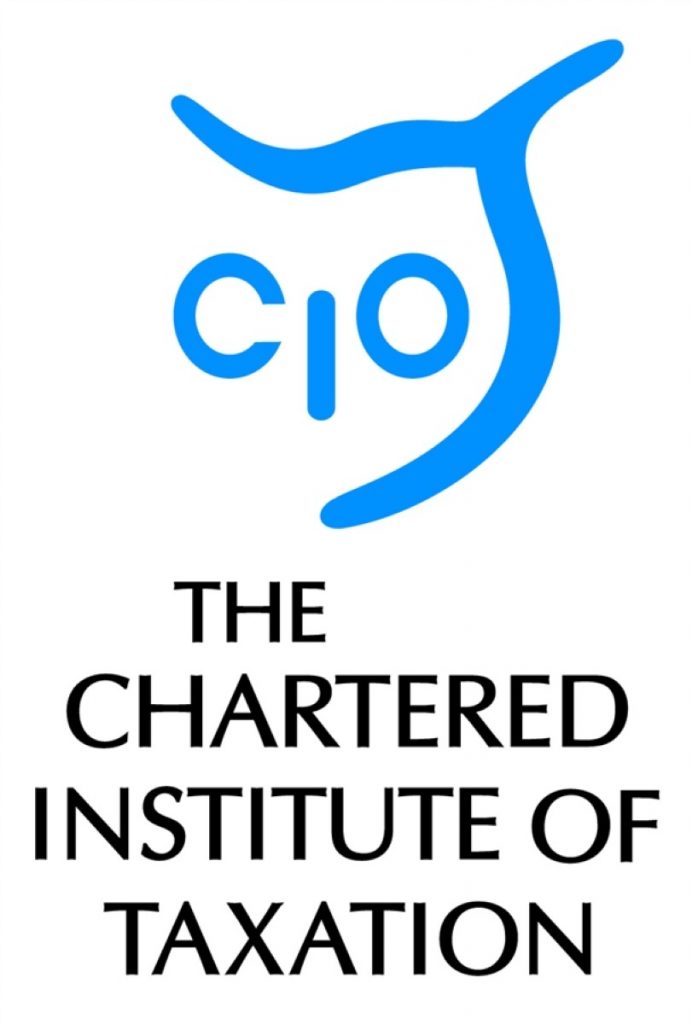CIOT: Work doesn’t necessarily pay, warn leading charities
A report just published reveals that work doesn’t always pay for those on benefit.
While many interactions between different benefits and tax credits have positive or coherent policy effects, a substantial number are contradictory, with (say) the granting of one benefit leading to the withdrawal, or curtailment, of another. Such interactions can make claimants worse off by entering work, or working longer hours.
A study carried out by three charities – Community Links, the Low Incomes Tax Reform Group (LITRG), and Child Poverty Action Group – devised a set of hypothetical case studies and worked through the technical implications for tax, tax credits and benefits. They then tested the results by interviewing local people in east London to find out how these interactions affected their lives.
The report concludes that moving into work, or increasing working hours, can lead to unpredictable outcomes because of how different individual circumstances, responses and experiences intersect with complex fiscal measures.
The authors of the report have said that the Government must take a holistic, joined-up approach to the tax and benefits systems and between government agencies if they wish to achieve their objectives of full employment and an end to child poverty.
-ENDS-
For press information contact Simon Goldie on 020 7245 4122 (direct line), 07879 497316 (mobile). Email sgoldie@ciot.org.uk
Notes for editors
Report available on request.
The Low Incomes Tax Reform Group is an initiative of The Chartered Institute of Taxation.
Child Poverty Action Group is the leading charity campaigning for the abolition of child poverty in the UK and for a better deal for low-income families and children.
Community Links is an innovative community-based organisation working in east London.
The Interact team and the three partner organisations are very grateful to those who funded the study: the Chartered Institute of Taxation and SIED (Equal).
Comment on the findings
This report shows that people are struggling to make sense of the financial support they are entitled to. The system is fragmented and too often one policy contradicts another in its effect on low-income families. All parts of the system need to work together to maximise family incomes and help end child poverty for good
Kate Green, Chief Executive, Child Poverty Action Group
Our work has shown that people are not always better off seeking work; in particular, loss of benefits in kind such as free school meals can be crucial in dissuading them from taking up work. True work incentives cannot be achieved by single policies; there has to be a clear, coherent and holistic strategy across the entire tax/benefit system, and across all government departments
Robin Williamson, Technical Director, LITRG
For the first time we now have a clearer picture of the interactions that occur within people’s lives and the systems supposedly designed to support them. Government needs to take immediate action to address the immense interactions and so complexities inherent within the benefit, tax credit and tax systems. Doing nothing is not an option if child poverty is to end and the ambition of full employment achieved
Aaron Barbour, Community Links Research & Policy Manager





-01.png)